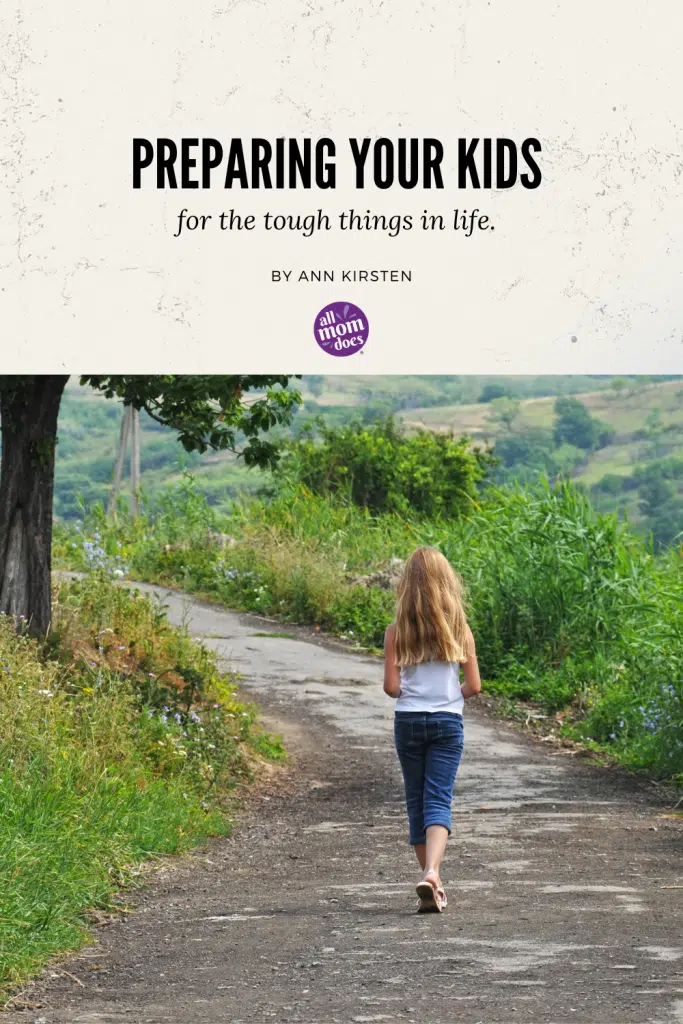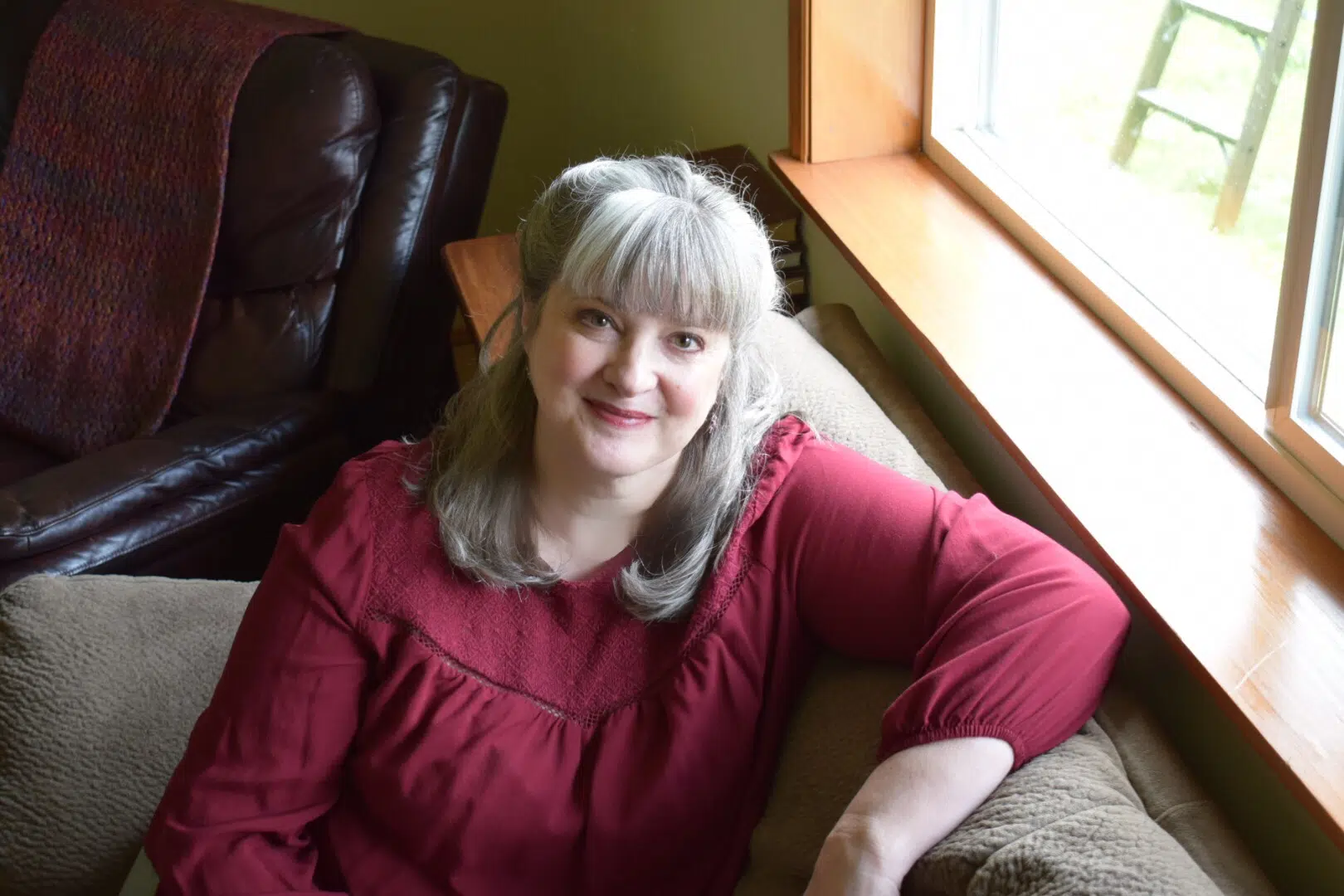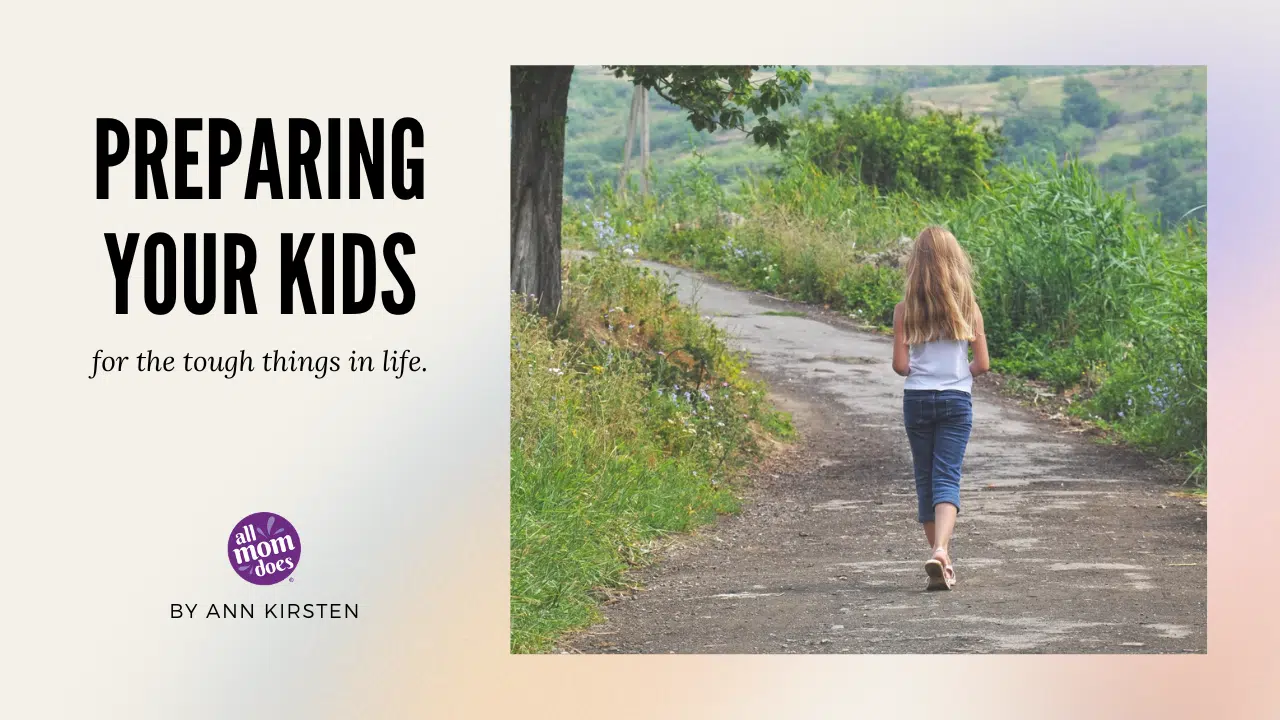I tossed multiple titles around in my brain for this blog. “Preparing Your Kids for the Tough Things in Life.” Or how about: “Raising Happy and Well-Adjusted Kids.”? Because, the thing is, by using these easy tips while raising your kids, you truly give them a huge head start in almost every aspect of life.
I know, that is a bold statement, but it’s really true. I gleaned this list from articles by “experts” and I agree with their research. See how many tips you agree with and how many you are already doing.
Teach your kids to name their emotions. This is a big one among my counselor friends. They say that children who can identify emotions fare much better in the long run.
Evidence has shown that it is difficult to identify and label the variety of emotions we experience at any given time. We all know adults who explode in anger when what they are really feeling is hurt or fear or some other emotion. They were never taught to identify their emotions. By teaching our kids to name what they’re feeling, we give them a head start on dealing with life.
This entails digging deeper and giving your child words to describe what’s really going on inside of them. When your child says their tummy hurts, draw them out: “Does your tummy hurt because you’re nervous about that test? That is called anxiety.” Or, when they tell you about something that happened in school ask them how it made them feel. Help them understand the variety of things they may be experiencing; fear, anger, shame, regret, hurt, etc.
Be prepared to be honest about your own emotions and label them as well. Kids learn by modeling behavior. “Mommy is crabby right now because I am nervous about my interview, I’m not really mad, I am actually feeling fearful.”
Remind your child that they won’t always win. Talk to them about losing gracefully and teach them to congratulate their opponents on doing well. This is a tough one, but it can be taught by playing board games at home and practicing how to lose with grace.
Also, read about David and Goliath. How did David’s brothers react when David arrived and killed the giant? Joseph and his brothers provide another good example. Ask your kids how they might treat their own siblings in a different way.
Teach problem-solving techniques. When your kids have a negative experience, talk about possible ways to handle it. Don’t be too quick to offer your solutions, instead ask them to come up with their own ideas.
Prepare them for the future by talking about hypothetical situations and how they might handle them. “If you don’t do well on your test, what can you do next time to be prepared?” “If you saw someone getting bullied at recess, what would you do?”
Practice gratitude. Studies have shown that by practicing gratitude, our brains can actually become rewired. Gratitude has been linked to better health, better sleep, higher self-esteem and generally happier adults, all things we want for our kids.
At the end of each day, talk about what made you happy that day (be prepared, mom, with your own happy things). Even when your child veers into negativity, show them how to turn it around: “What would have changed your sadness into happy feelings?” “Did you learn anything positive from that situation?”
Let them fail. Boy, this one is tough. Of course we want to swoop in and make everything right for our children, but that does not prepare them for the world. Instead, ask them how they would solve their own issues. Encourage them to come up with multiple solutions and then talk about which one would better serve the purpose (be prepared for ridiculous solutions!).
One of my first jobs was in retail and we hired a young gal who was perhaps the worst employee ever. When she was let go after the Christmas rush, her mother came in and urged us to keep her on. It was awkward and sad. I’ve often thought about that girl and wondered if she ever grew up and learned skills on her own.
Teach responsibility. Give your kids chores and responsibilities around the home. Research has shown that kids who have chores have higher self-esteem and are better equipped to deal with frustration. Chores also help train them to do better in school, at work and in relationships.
No victim cards. Teach your kids not to throw blame onto others for their own mistakes. Don’t allow them to automatically blame teachers for their failures, friends for their fights, or bosses for being fired. Only by taking responsibility for their actions can they learn from their mistakes.
There were no victim cards when I grew up. Whenever I came home mad because of an argument, my mom would say, “And, what did YOU do?” It taught me to look at my own actions before I rushed to blame someone else.
By taking these simple steps, we prepare our kids to deal with the pitfalls in life. I’m sure a lot of this seems like common sense, but sadly there are so many parents who feel like being a good parent means siding with your kids all the time. Those poor kids go out into the world and are totally unprepared for what awaits them. A little tough love and training will provide your kids with the tools they need to live a happy life on their own.
“Train up a child in the way he should go; even when he is old he will not depart from it.” Proverbs 22:6
PIN THIS!

 Read more of Ann’s contributions to AllMomDoes here.
Read more of Ann’s contributions to AllMomDoes here.

















